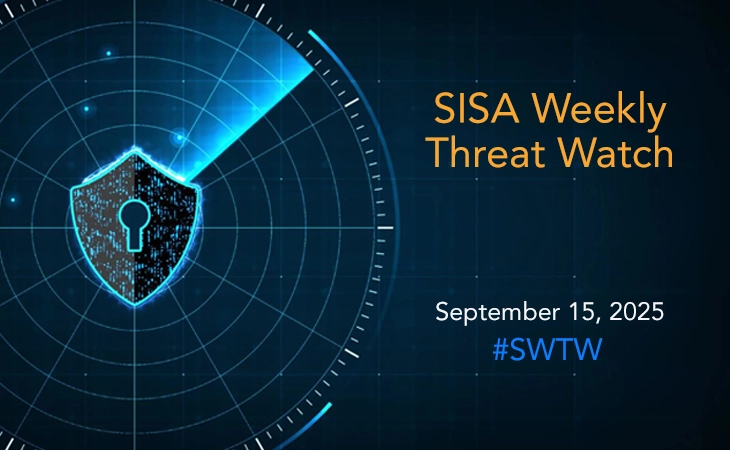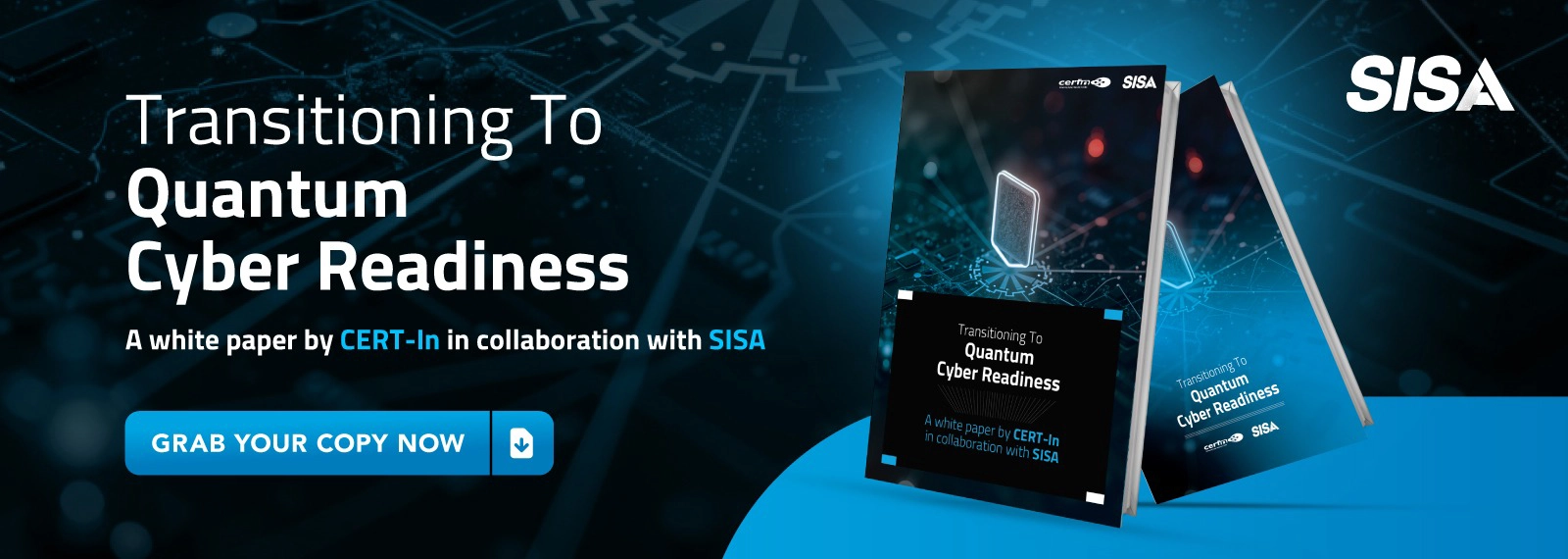
Data Privacy Consulting Services: Top 5 Reasons Why You Need It
In a world where every click and swipe leaves a data trail, protecting that trail is serious business. Data privacy consulting is no longer an optional line item; it’s the backbone of trust in a digital marketplace. Regulations like Europe’s GDPR, India’s DPDP, and a growing patchwork of U.S. state laws make compliance a moving target. At the same time, customers are becoming vocal about how their information is handled; 71 % say they would stop doing business with a company that mishandled their data. That’s why many organizations are turning to experts to help them navigate this complex terrain. If you’re still wondering whether your business needs a data privacy consultant, here are five compelling reasons, presented without corporate jargon and with a touch of human voice.
1. The regulatory maze keeps getting more tangled
Keeping up with privacy regulations feels a bit like trying to hit a moving target. By 2025, businesses must comply with 19 distinct U.S. privacy laws, with eight new state laws going live this year. Each statute has its own twists: California’s CCPA amendments, Virginia’s VCDPA, and Connecticut’s CTDPA all contain unique requirements for consent, data sharing, and consumer rights. Meanwhile, Europe’s regulators issued over €2.92 billion in fines in 2024, especially targeting advertising technology and marketing automation practices.
Honestly, even seasoned compliance teams struggle to keep track of these changes. A data privacy consultant monitors regulatory updates, interprets how they apply to your business, and translates legalese into actionable policies. The SISA DDIS framework, Discover, Design, Implement, Sustain, goes a step further by aligning privacy programs with global rules like GDPR, DPDP, PCI DSS, and CCPA. When laws shift, the framework adapts without tearing down what you’ve built.
What does this mean for you?
- Fewer fines and headaches: Regulators aren’t shy about penalties. Non-compliance can lead to multi-million‑dollar fines and operational disruptions.
- Clarity amid chaos: Consultants map out which regulations apply to your data flows and what you actually need to do. No more guessing.
- Future‑proofing: Good advice factors in emerging laws so you’re not constantly playing catch-up.
2. Data breaches are expensive, and getting more so
You might think the cost of a breach is just about fixing a server or changing passwords. The reality is sobering. In 2024, the average global cost of a data breach reached USD 4.88 million, a 10 % jump from the previous year. In the United States, the figure was even higher, roughly USD 9.36 million per breach. Costs include lost business, regulatory fines, and the manpower needed to handle customer inquiries. To make matters worse, breaches that take longer than 200 days to identify and contain cost an average of USD 5.46 million.
Data privacy consultants bring more than just policies; they bring technical know-how. They perform risk assessments, penetration testing, and forensic analysis to find vulnerabilities before attackers do. Consultants also help implement robust security measures like encryption, firewalls, and intrusion detection systems. At SISA, years of payment‑fraud investigations inform these controls, resulting in forensic-driven expertise that shows exactly how payment data is compromised. It’s like having a detective who knows the criminal’s next move.
Why investing up front saves money
- Breaches hurt more than your wallet: Beyond fines, reputational damage can cause customers to flee. Nearly 71 % of consumers will leave a company that mishandles data.
- Faster detection saves millions: Organizations that use AI and privacy technology extensively in their security operations save about USD 2.2 million per breach compared with those that don’t.
- Better ROI: Ninety-five percent of organizations say the benefits of investing in data privacy outweigh the costs; the average return on privacy investment is 1.6x.
3. Customers demand transparency and trust
Customer loyalty hinges on how you handle personal information. 94 % of organizations admit their customers would not buy from them if they didn’t protect data properly. Yet only 29 % of consumers find it easy to understand how a company protects their data, and a mere 20 % of privacy professionals feel confident that their organizations comply with the law.
Data privacy consultants bridge this trust gap by building clear, consumer-friendly privacy policies and consent mechanisms. For example, SISA emphasizes Privacy by Design, embedding privacy controls into systems and processes from day one. When consumers know what data you collect, how you use it, and how long you keep it, they’re more likely to share information that helps you deliver better services. As the Secureframe statistics show, half of consumers trust companies that limit data collection to what’s relevant.
How consultants help earn trust
- Simplify the fine print: Translate complex policies into language customers can understand.
- Implement consent frameworks: Build opt-in systems that comply with global standards and respect user preferences.
- Educate your team: Employees are often the first line of defense. Consultants provide training on recognizing phishing attacks and handling data responsibly.
4. Competitive advantage in a privacy-first marketplace
Data privacy isn’t just about avoiding fines; it’s a competitive differentiator. In the digital marketing world, third-party cookies are disappearing, and platforms like Chrome and iOS are restricting tracking. Agencies that fail to adapt risk collapsing campaign performance. Clients now demand detailed privacy documentation before signing contracts. Those with solid privacy frameworks not only win business but can command premium pricing for their services.
Consultants guide you through this transition by helping you develop first-party data strategies, contextual advertising plans, and privacy-enhancing measurement techniques. They also assess marketing channels and third-party platforms to ensure compliance. At SISA, privacy programs are risk-based and informed by real-world threat intelligence, making sure your marketing campaigns are both effective and compliant.
Why this matters for your brand
- Stay ahead of the curve: Organizations that embrace privacy-first strategies build deeper customer relationships and adapt more easily to regulatory changes.
- Unlock new revenue: Privacy-compliant offerings allow you to tap markets that require stringent data protections, such as healthcare or finance.
- Set yourself apart: In an era of privacy scandals, a transparent and secure data strategy becomes part of your brand identity.
5. Expertise you can’t build overnight
Let’s be honest: data privacy isn’t something you can master with a quick online course. Consultants bring specialized knowledge, objective assessment, and customized solutions that internal teams often can’t deliver. They stay current with ever-changing regulations, identify gaps you might overlook, and provide tailored recommendations. And while hiring a consultant involves an upfront cost, it can save you money by preventing breaches and fines.
SISA’s experience stands out because it’s forensic-driven. The company has spent more than 18 years on the frontlines of payment data breaches, giving its consultants unmatched clarity into vulnerabilities and attack vectors. Their approach covers everything from data discovery and classification to incident response and breach management, backed by a comprehensive Discover | Design | Implement | Sustain methodology. Whether you’re a financial services provider in Bengaluru or a global e-commerce brand, that depth of experience means you get practical solutions rooted in real-world investigations.
Why expert help pays off
- Objective perspective: External consultants aren’t blinded by internal politics or assumptions; they tell you what you need to hear.
- Custom fit: Solutions are tailored to your industry, size, and risk profile.
- Long-term partnership: A good consultant doesn’t just hand over a report and walk away. They help implement controls, train staff, and adapt programs as your business grows.
Your Data Privacy Consulting Questions, Answered
What kinds of organizations actually need data privacy consulting?
Any company that collects personal information, whether it’s a financial institution, an online retailer, or a small marketing agency, faces complex and ever‑changing privacy laws. For example, digital payment platforms operate in a high‑risk, high‑volume environment where a single misstep can trigger multi-jurisdictional investigations and heavy fines. Even small businesses are subject to regulations like the DPDP or GDPR when they handle personal data. Working with a consultant helps you map out your obligations and avoid becoming tomorrow’s headline.
How is data privacy consulting different from general cybersecurity services?
Cybersecurity focuses on protecting systems from intrusion, while privacy consulting deals with how personal data is collected, used, and shared. Privacy specialists design policies, consent mechanisms, and data‑handling workflows that align with laws like GDPR, CCPA, and India’s DPDP. They also help embed Privacy by Design, ensuring privacy is baked into the product lifecycle, not bolted on later. In practice, a privacy consultant might review your marketing consent forms, while a cybersecurity expert configures your firewalls.
Do small businesses really need data privacy consultants?
Yes, smaller firms might assume they’re too small to attract regulators, but laws apply based on the data you handle, not your headcount. Privacy consultants can tailor frameworks to your size and budget. They help you implement lightweight measures that still meet legal requirements and build customer trust without the overhead of a large compliance team.
How often should we revisit our data privacy policies?
Regulations evolve quickly; the previous year alone saw eight new U.S. state privacy laws take effect. A good rule of thumb is to review policies annually or whenever there is a significant change in the law, your business model, or the technology you use. Regular assessments, such as those following a Discover | Design | Implement | Sustain framework, ensure controls remain aligned with current laws and emerging threats.
What’s the difference between Privacy by Design and Privacy by Default?
Privacy by Design means embedding privacy into the architecture of your products and processes from the very start; it becomes a guiding force for everything you build. Privacy by Default goes one step further by ensuring the highest level of privacy protection is switched on automatically; users don’t have to tweak settings to get it. For example, collecting only the minimum amount of data needed and limiting how long you retain it are part of Privacy by Default.
Which industries see the biggest payoff from privacy consulting?
Highly regulated sectors such as finance, healthcare, and digital payments stand to gain the most because breaches and non‑compliance penalties are especially costly. That said, any business collecting personal data can benefit; 94% of organizations say customers won’t buy from them if they don’t protect data. Industries like marketing and e‑commerce use consulting to adjust to the cookieless future and new consent requirements.
How much does it cost to get privacy compliance right?
Achieving compliance isn’t cheap: surveys have found that a significant majority of companies spent over $100,000 on consulting and technology solutions for major regulations, with some spending over a million. Many organizations also burn thousands of hours in internal meetings. Hiring a consultant doesn’t eliminate those costs, but it helps you spend wisely by focusing on high‑impact activities and leveraging technology rather than endless meetings.
Final thoughts
Data privacy isn’t just a legal checkbox; it’s a strategic imperative. Customers expect transparency, regulators demand compliance, and the cost of getting it wrong keeps rising. Data privacy consulting helps you navigate this landscape with confidence. From understanding the latest regulations and building trust to preventing costly breaches and gaining a competitive edge, the reasons to engage experts are clear. And when those experts have been in the trenches, like the team at SISA, whose forensic-driven approach combines compliance with real-world security, you’re not just complying with the law. You’re safeguarding what matters most: your customers’ trust and your company’s reputation.
Latest
Blogs
Whitepapers
Monthly Threat Brief
Customer Success Stories
 USA
USA India
India APAC
APAC Middle East
Middle East Global
Global






 Facebook
Facebook Linkedin
Linkedin  X
X Youtube
Youtube







